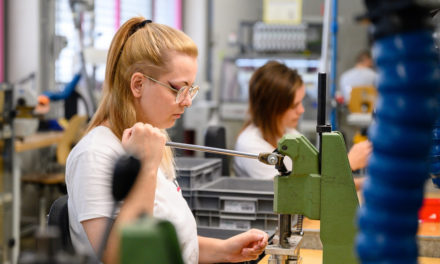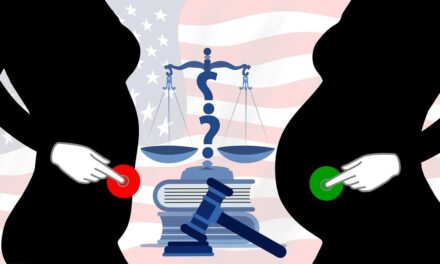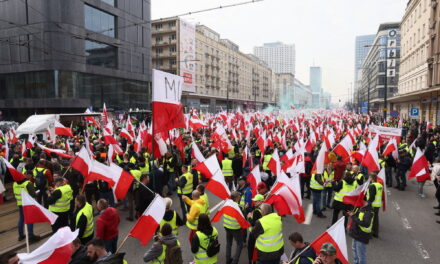The war and the failed EU sanctions are leading to an unprecedented energy crisis and high inflation, which is reflected in food prices through the increase in production costs, said State Secretary for Agriculture and Rural Development Zsolt Feldman in Prague, according to a statement from the Ministry of Agriculture (AM) on Friday.
The EU agriculture ministers discussed the role of the EU's agriculture and food industry in sustainable global food production at their informal meeting in Prague, the ministry said.
The leader of the Hungarian delegation, Zsolt Feldman, emphasized that the II. European agriculture has not been in such a difficult situation since World War II, and if no changes are made, within months the question will not be how much we can get food, but whether there will be enough of everything? The failed Brussels sanctions policy and the historic drought are also responsible for the situation , they write in the announcement.
In this situation, it is clear that Europe must review the measures and initiatives that limit production. A number of requirements have been prescribed and are about to be introduced at the desks in Brussels under the auspices of the Green Deal, which do not represent significant progress in the fight against climate change, but will greatly worsen the situation of farmers and reduce the amount of food produced in Europe.
European farmers are flesh and blood people who support their families from farming and provide us with food. If the European Commission ignores their interests, it will result in even more concentrated European agricultural production, as these rules will mostly put smaller farms in a difficult situation. In order to understand this problem, it is necessary to get out of the big city envelope and get to know the European rural reality, said the state secretary.
Zsolt Feldman reminded that there are several proposals on the agenda that seriously threaten both animal husbandry and field crop production. The extension of the environmental protection regulations, which so far only apply to large livestock farms, to medium-sized farms, while the unfair, lawnmower-like reduction proposal proposed in the decree on the sustainable use of plant protection products would result in a significant decrease in production in the latter sector, further worsening food security.
Brussels' complete detachment from reality is well characterized by the fact that, even in a war situation that threatens food security, they make proposals that significantly reduce European agricultural production. The provisions of the Green Agreement must be adapted to the new situation. In such a crisis situation, the satisfaction of basic needs becomes more valuable, and nutrition is undoubtedly one of them, so food security must be prioritized, the state secretary pointed out, according to the announcement of the Ministry of Agriculture.
Source: Magyar Hírlap
Photo: Facebook/Zsolt Feldman













